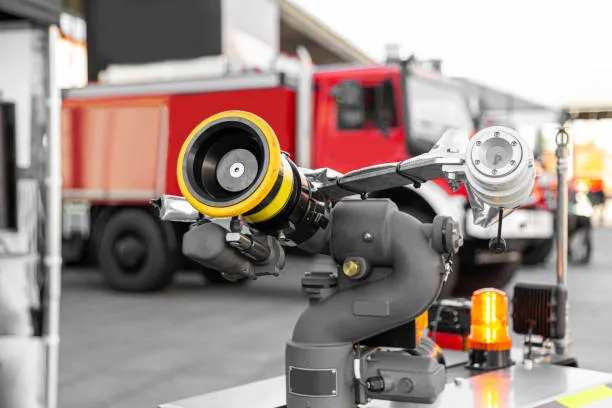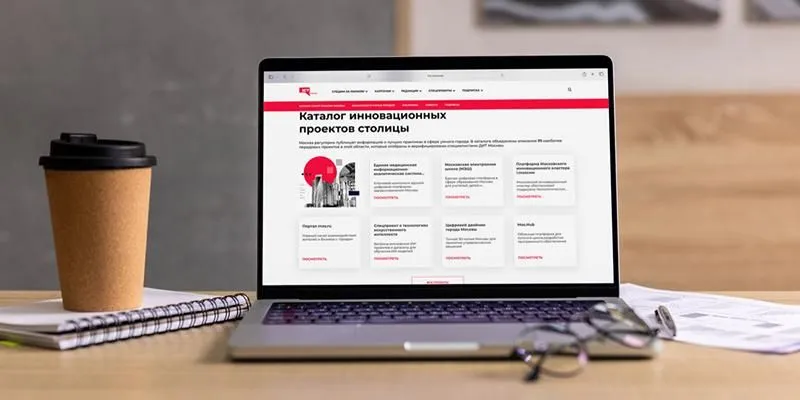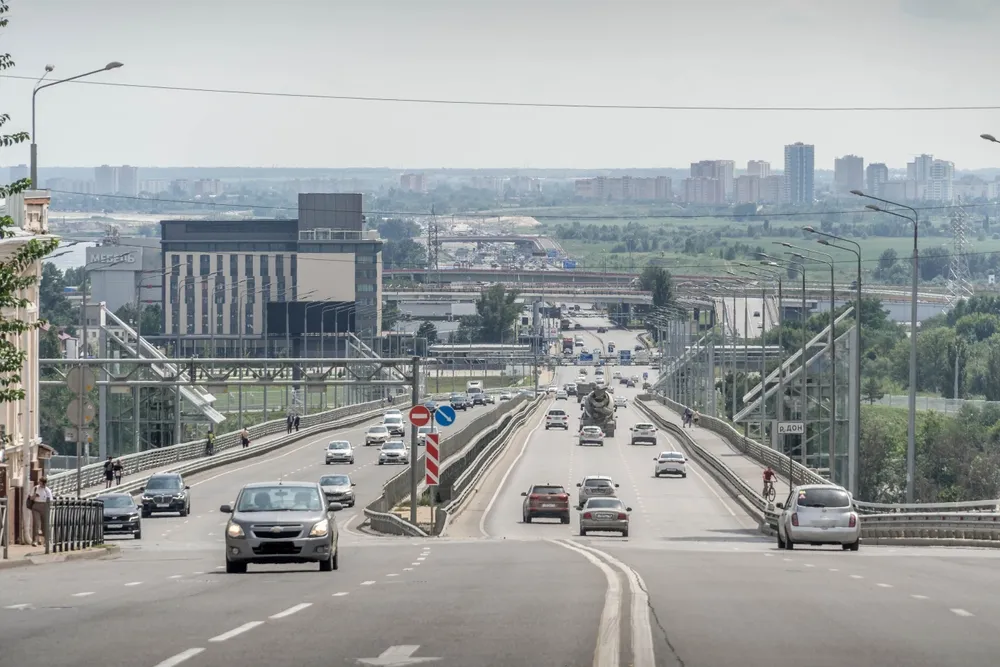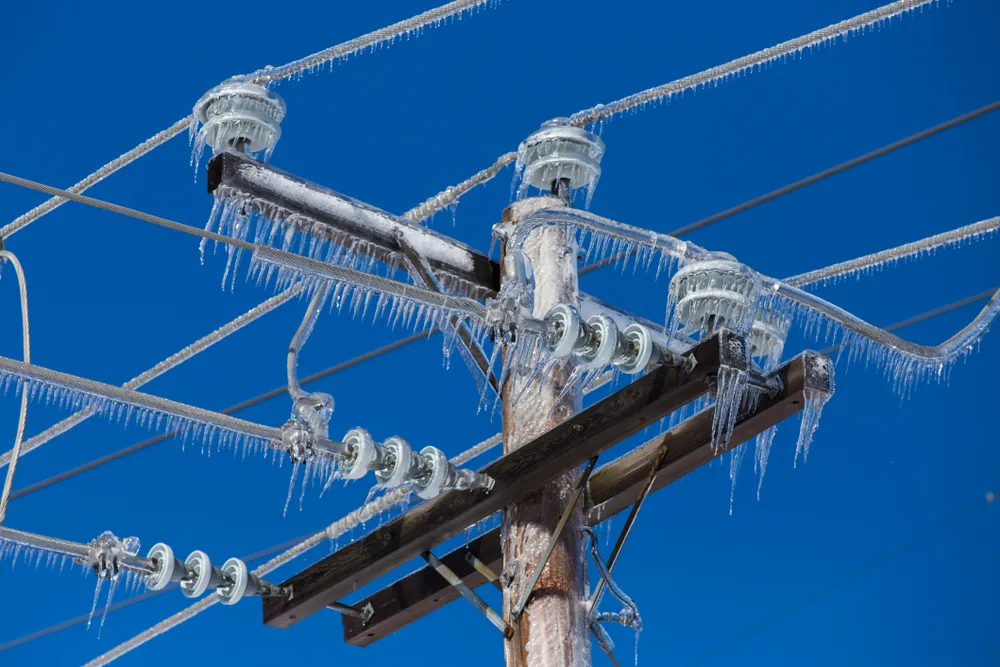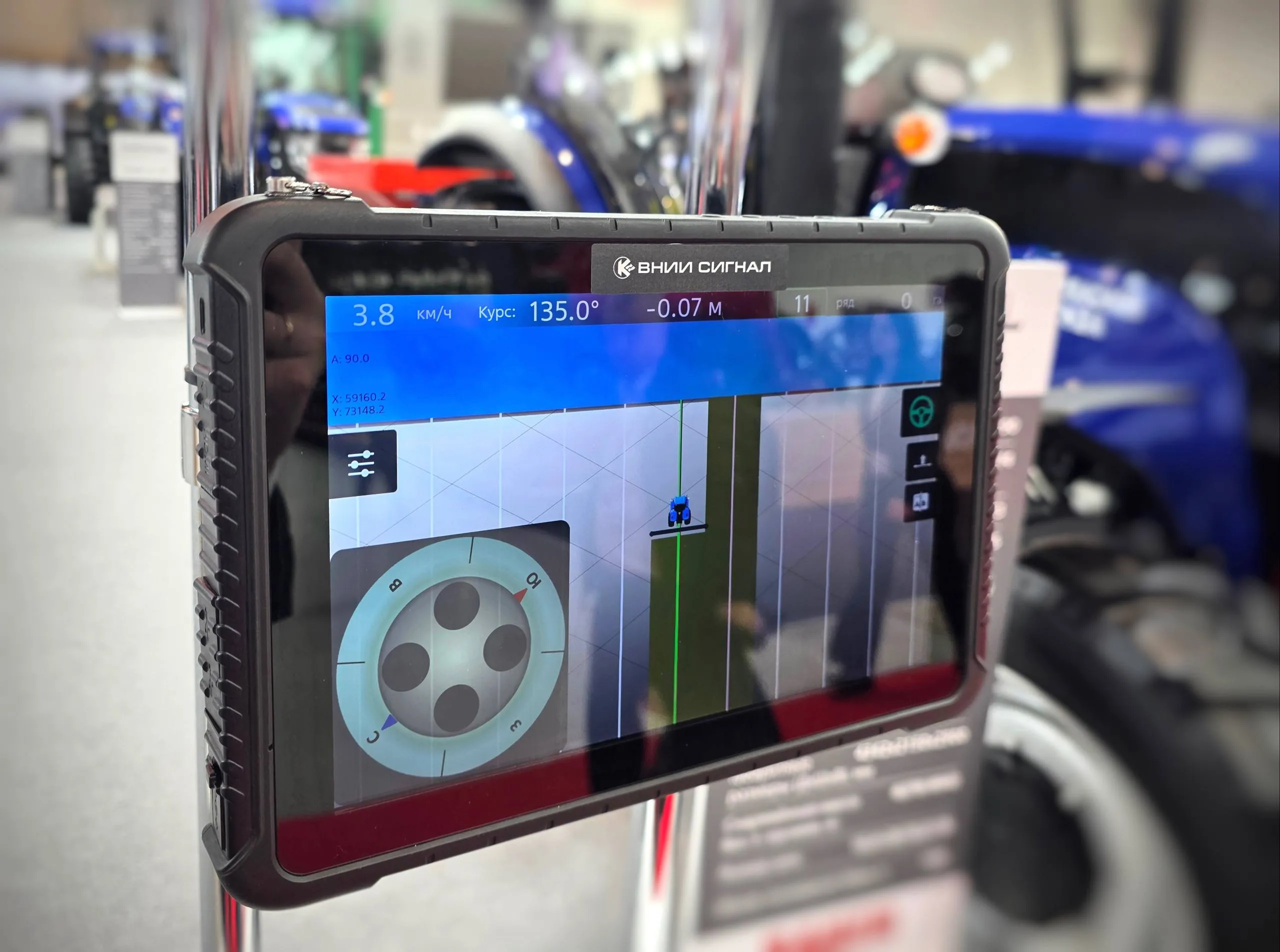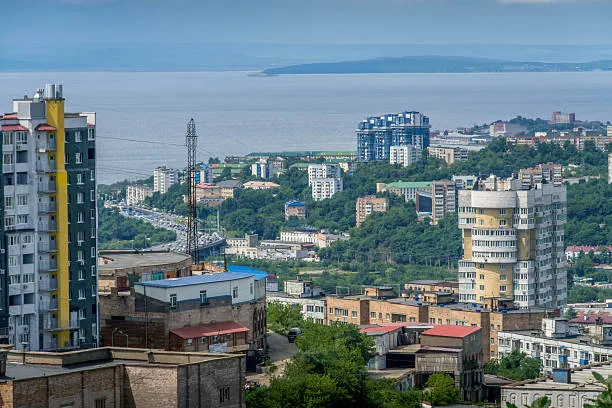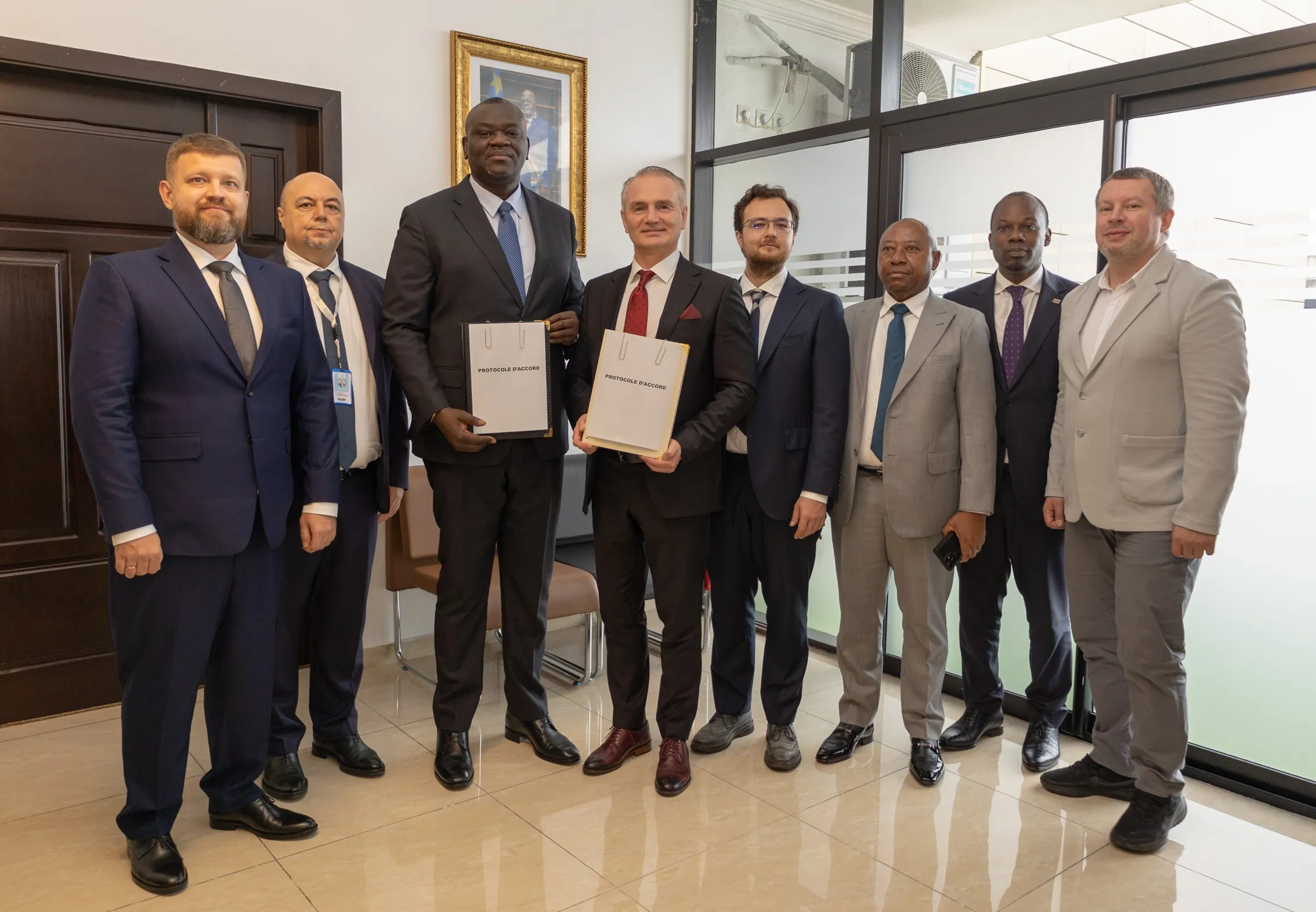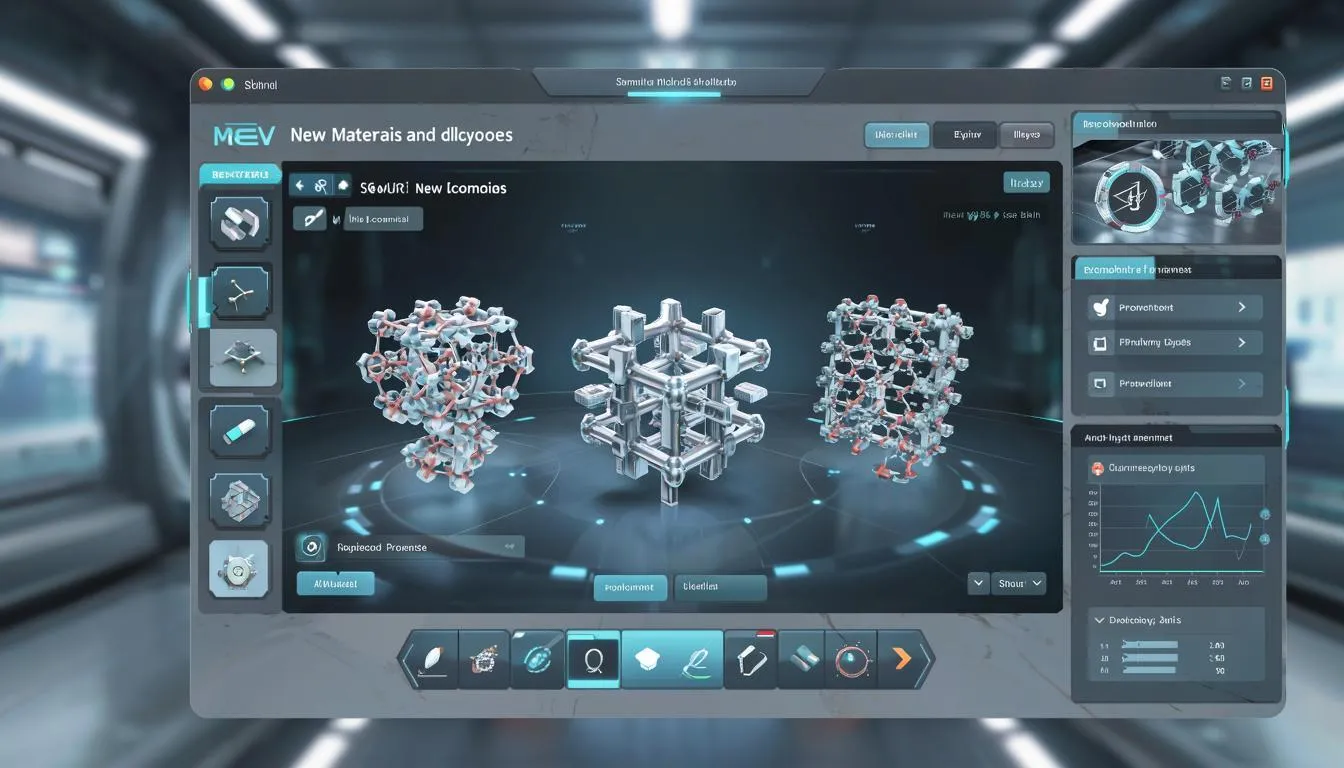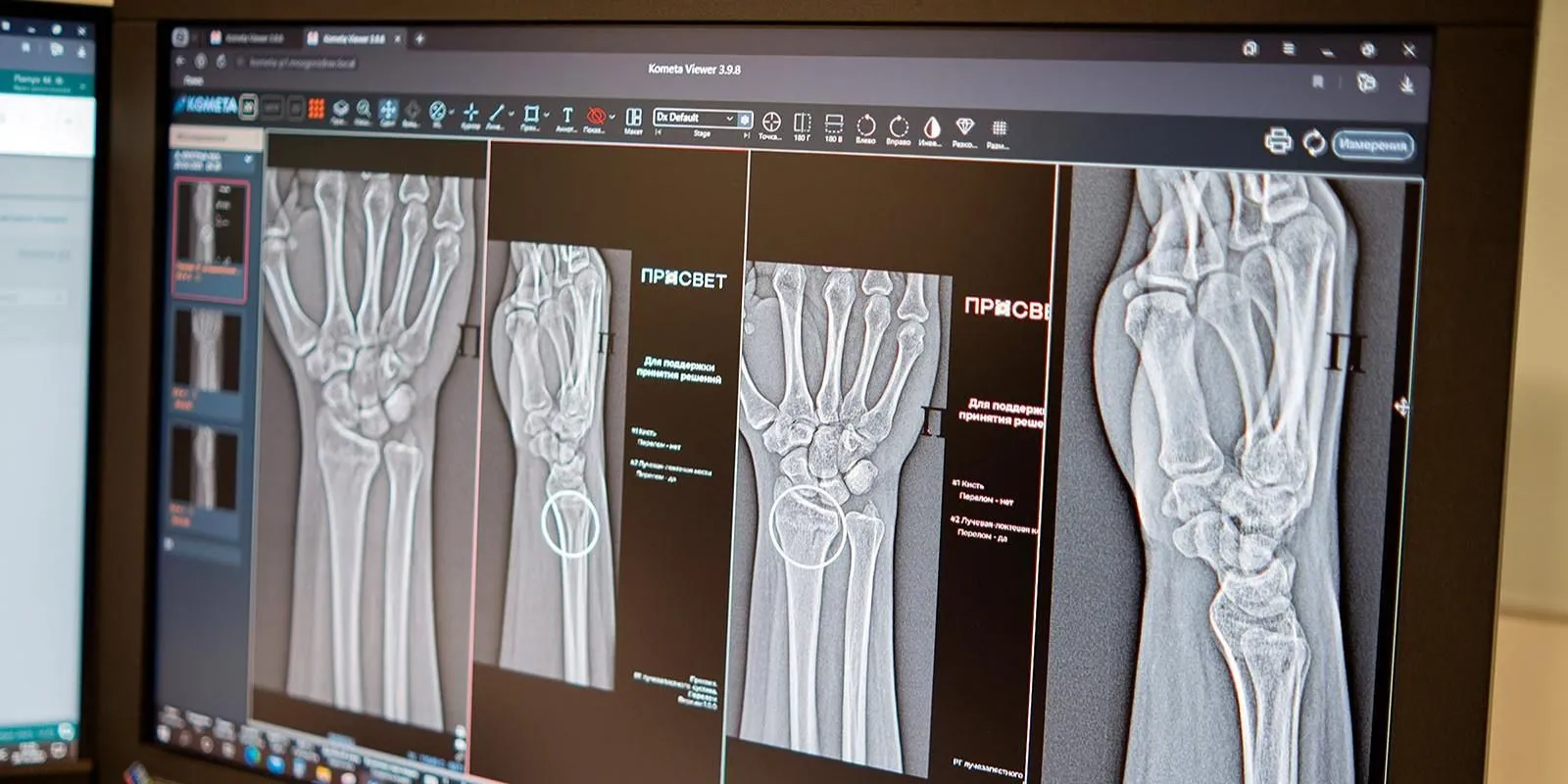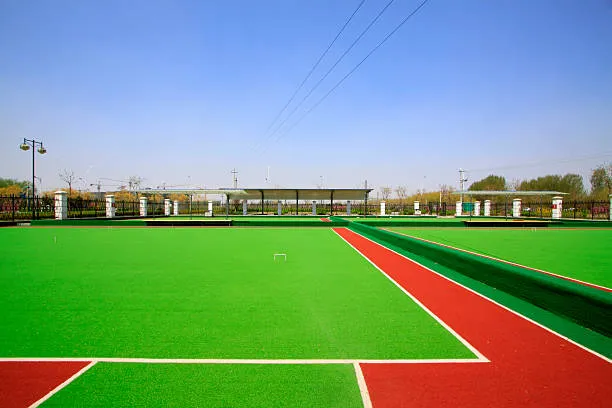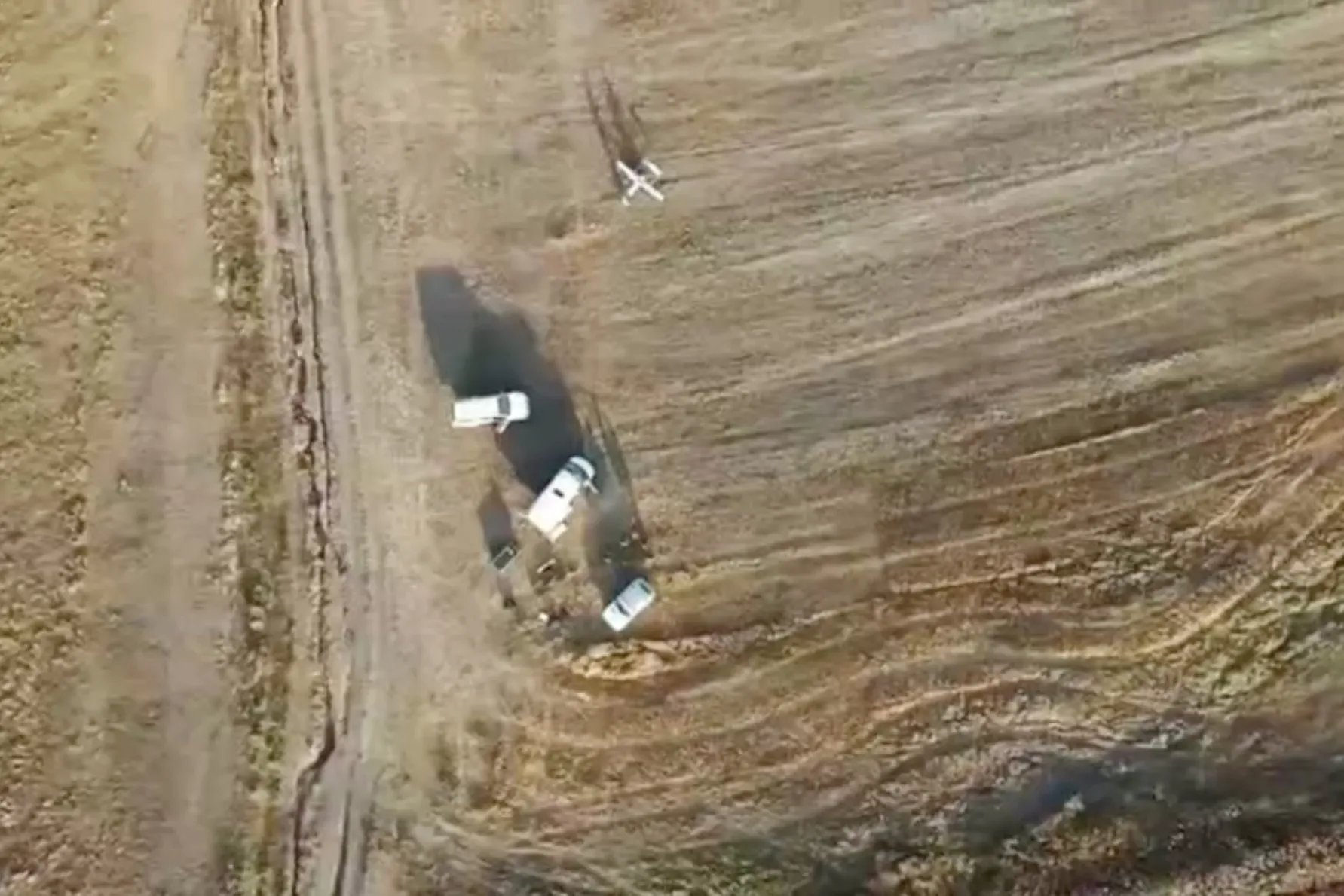In Russia, Mail Servers Merge Into One: RuPost 4.0 Gets Geoclustering
The latest release of Russia’s RuPost 4.0 mail server introduces full geoclustering, uniting distributed server nodes into a single resilient system designed to withstand regional outages while maintaining continuous access to corporate email services.

Unified System Architecture
With RuPost 4.0, developers from the Astra Group have introduced a redesigned architecture that allows organizations to merge multiple geographically distributed nodes into one unified system. This upgrade improves load balancing, significantly boosts fault tolerance, and ensures that the mail infrastructure remains stable even if certain regional nodes experience disruptions.
RuPost 4.0 also includes an overhaul of the internal server mechanics. The update improves scalability mechanisms, adds support for Kerberos and OpenID Connect for streamlined authentication, and enhances administration and monitoring tools, enabling faster incident response and easier management for IT teams.
Built for Corporate Users
Corporate functionality received particular attention in the new release. RuPost 4.0 simplifies policy and template management, expands integration capabilities through an upgraded API, and enhances the performance and usability of the web client. The goal, the developers note, is to provide companies with a modern, secure, and adaptable tool for building and maintaining large‑scale IT services.
As a fully domestic project, RuPost continues to evolve as a long‑term digital infrastructure solution, offering organizations of all sizes the ability to maintain reliable internal communications without depending on foreign technologies.


